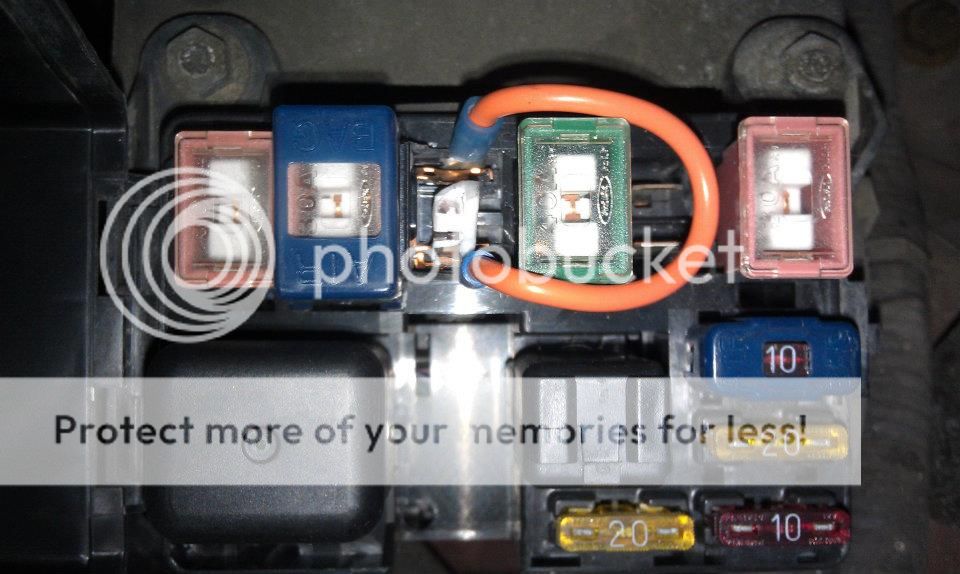there are two circuits in a relay, the load circuit, which connects to the battery at one end(Pin 30), and the light or whatever on the side (Pin 87).
THEN theres the switch circuit, one side gets +12v(Pin 86), the other ground (Pin 85). When it gets both 12v, and ground, it completes the load circuit, the relay completes the load circuit and the light comes on.
To activate the switch circuit, some people put a switch between 12v and Pin 86, While leaving pin 85 permanantly connected to ground. This is a 'switched hot'
HOWEVER, if you run a 'switched ground', you can put a switch between pin 85, and the grounding screw. You can then just daisy chain your battery hot from pin 30 right into pin 86. This solitary +12v feed from the battery only requires 1 fuse, and 1 wire from the battery.
I much prefer switched ground wiring.



